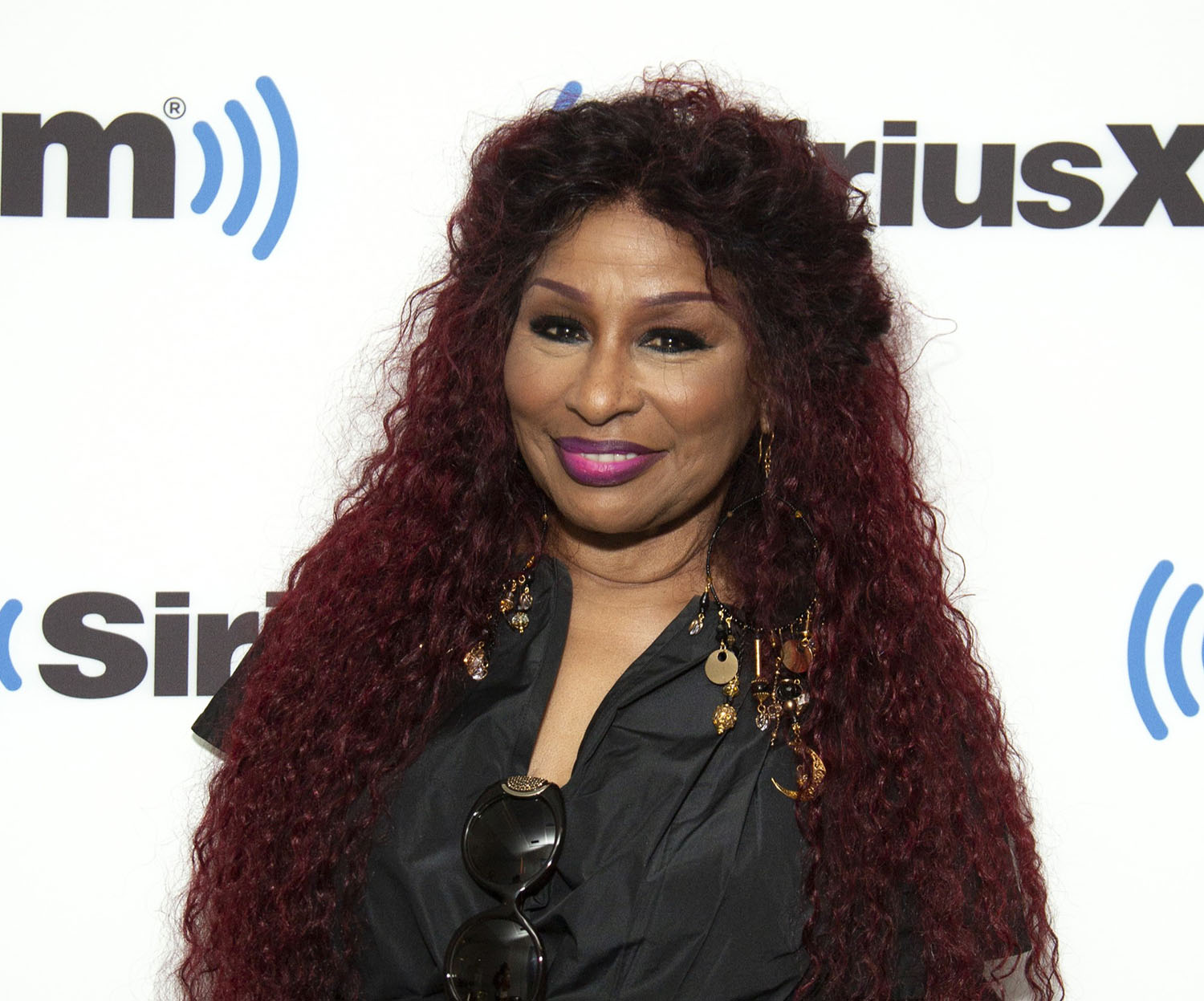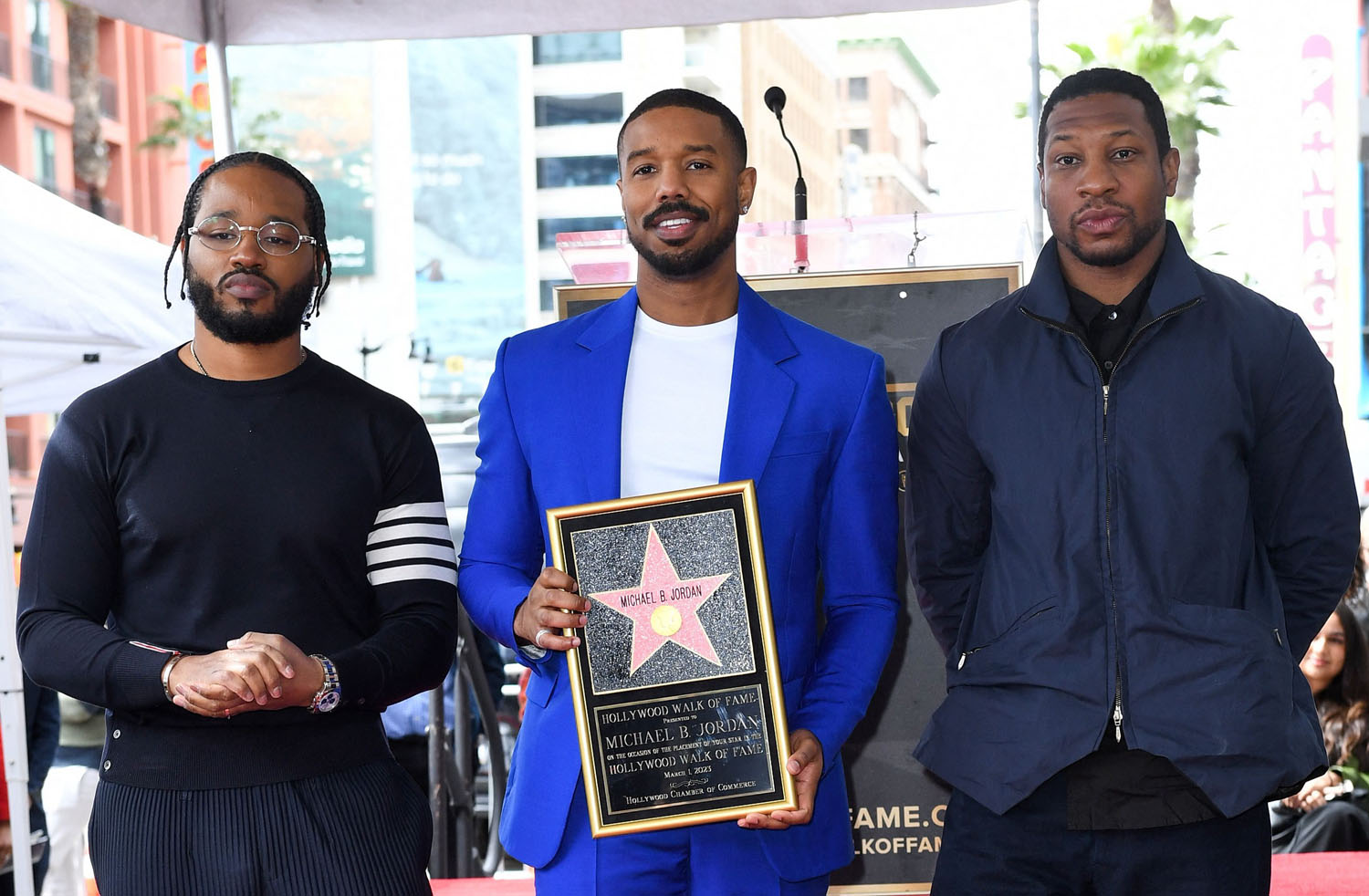Chaka tells it



Chaka Khan has never been one to hold back when it comes to her thoughts on the talent pool. But when Rolling Stone recently placed her at number 29 on its “200 Greatest Singers of All Time List,” she really spoke her mind.
Speaking with Andrew Goldman for an episode of his podcast, The Originals, she reflected on the list.
“These are blind bitches! They are blind as a motherf–king bat! They need hearing aids. These must be the children of Helen Keller!” the diva proclaimed.
Despite giving singers like Aretha Franklin and Beyoncé props, she had a lot to say about the talent of women like Mariah Carey, Adele, and Joan Baez.
“That must be payola or some s–t like that,” Chaka said in response to Mariah’s place at number 5. And when asked about Adele, who sits 7 places in front of her at number 22, she said, “OK, I quit.”
And even though she gave Joan Baez, ranked number 189, props for her writing, she had different thoughts about her voice. “Let’s be honest, the bitch cannot sing!”
But when it comes to someone who can sing, it is unsurprisingly the legend of all legends, Aretha Franklin, who the outlet rightfully gave the first place ranking to, much to Chaka’s delight.
“As she f–king should be. Thank you! There’s justice somewhere!” she quipped on the podcast, also praising Whitney Houston, who the magazine deemed the first runner-up. But the praise didn’t come without making her role in Whitney’s success clear. She took credit for introducing her to Clive Davis.
“And I introduced her to the business. I made her mother bring her down to the studio and sing background with me. Her and Luther Vandross. They both sang background for me on my albums,” she said.
This kind of brutal honesty is something we’ve come to expect from Chaka Khan. It wasn’t all that long ago she suggested singers who use auto tune would be better off getting jobs at the post office, which I wrote about here.
There’s something to be said about a pioneer in any industry not mincing words when they reflect on what’s become of it. And things certainly have changed since she was at the height of her career.
To her previous point about auto tune, it truly has become a commonly used tool to improve the sound of one’s pitch. But the fact that it wasn’t readily available for singers like her or Aretha back in their day means they had nothing to depend on other than the raw sound and quality of their voice. It’s no longer an even playing field. No wonder she’s so tough.
Her frustration over the state of today’s singers could also have to do with the fact that it’s so much easier to get famous than it has been throughout history – already an incredibly difficult task for a Black woman back in the in 70s. A viral video on TikTok or a song becoming a trending sound has been enough to either spark or bolster the career of some of today’s most popular stars, people like Olivia Rodrigo, Doja Cat, Jack Harlow and Lil Nas X.
Chaka Khan’s criticism may be harsh. And we certainly love to hear her dish on the artists of today. But more than just being great for gossip, it’s a challenge to the singers of today to become their best, do better, and lean on their talent, rather than their tools to deliver the sounds her and other legends did to the audience.
More than anything though, it’s refreshing to know that celebrities still have opinions! In recent years, the fear of backlash, being cancelled, or having to face whatever hive, navy or cult following any given star has amassed, has resulted in a wave of silence over celebrities asked to share their opinions on other players in the entertainment industry. It’s inauthentic and insincere. Because no one knows music better than the people who do it every single day – and in Chaka Khan’s case, she’s been doing this for decades (and is still releasing new music). Her expertise has got to count for something.
But in spite of her disappointment with some of the rankings, it is water off a duck’s back, according to her.
“I didn’t even know what the hell you were talking about,” she said to Goldman about the list. “So obviously this don’t mean a great deal to me.”
And for those performers not up to the challenge of rising to the occasion of Chaka’s feedback, perhaps they could take a page from her book and let it be water off their backs, too.
“These people don’t quantify or validate me in any way.”

